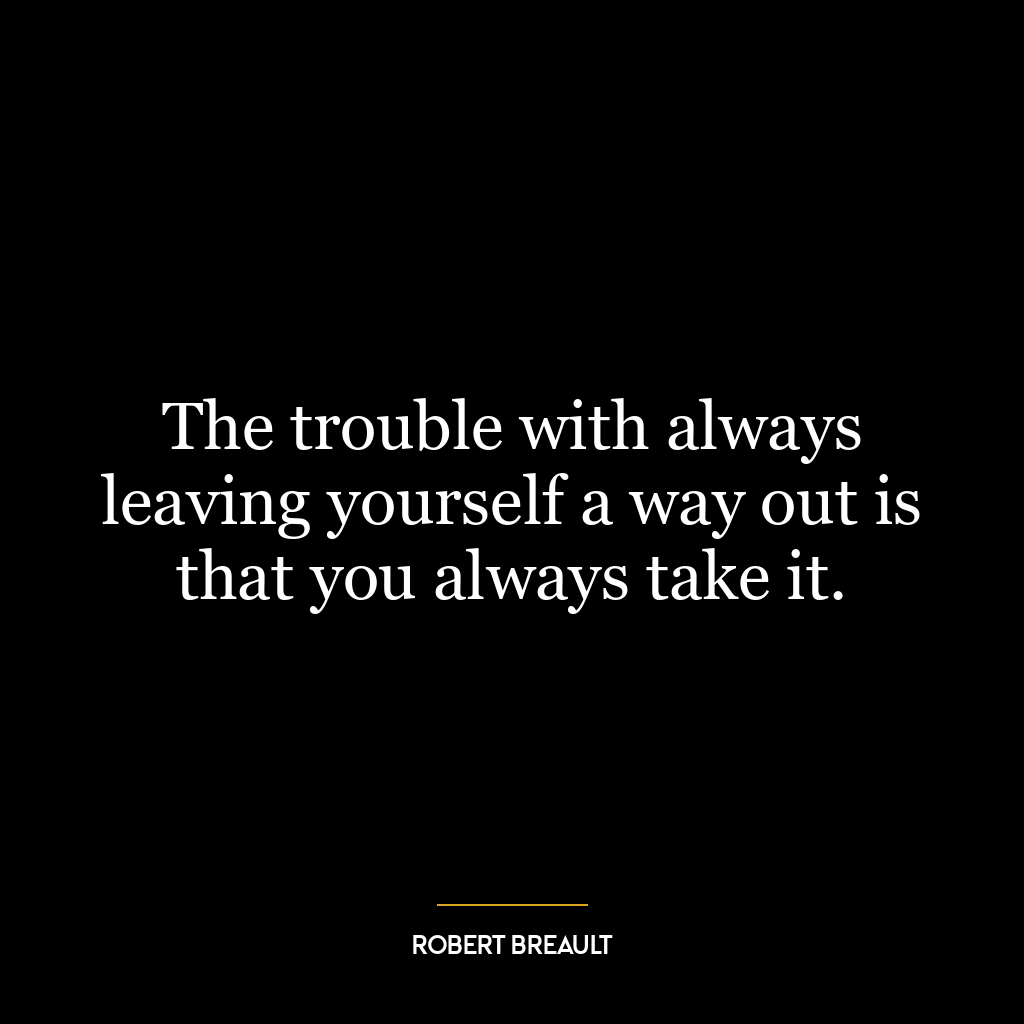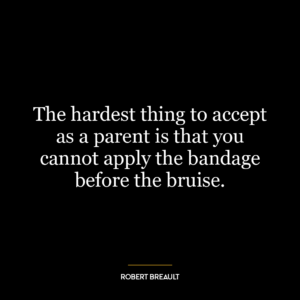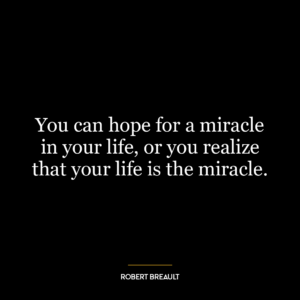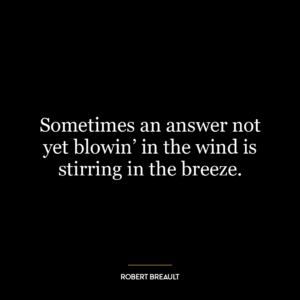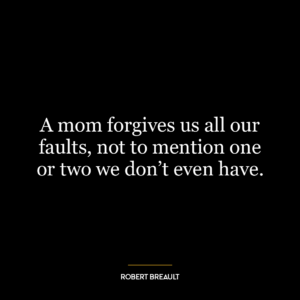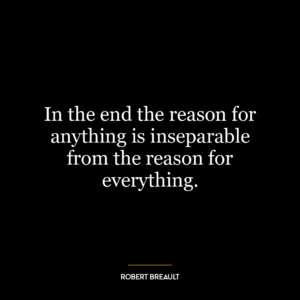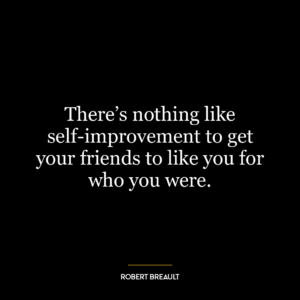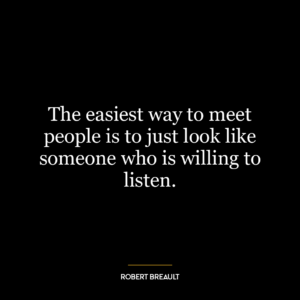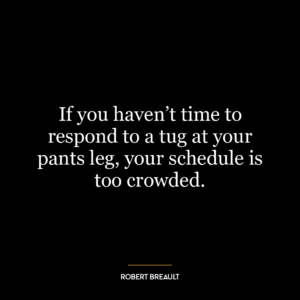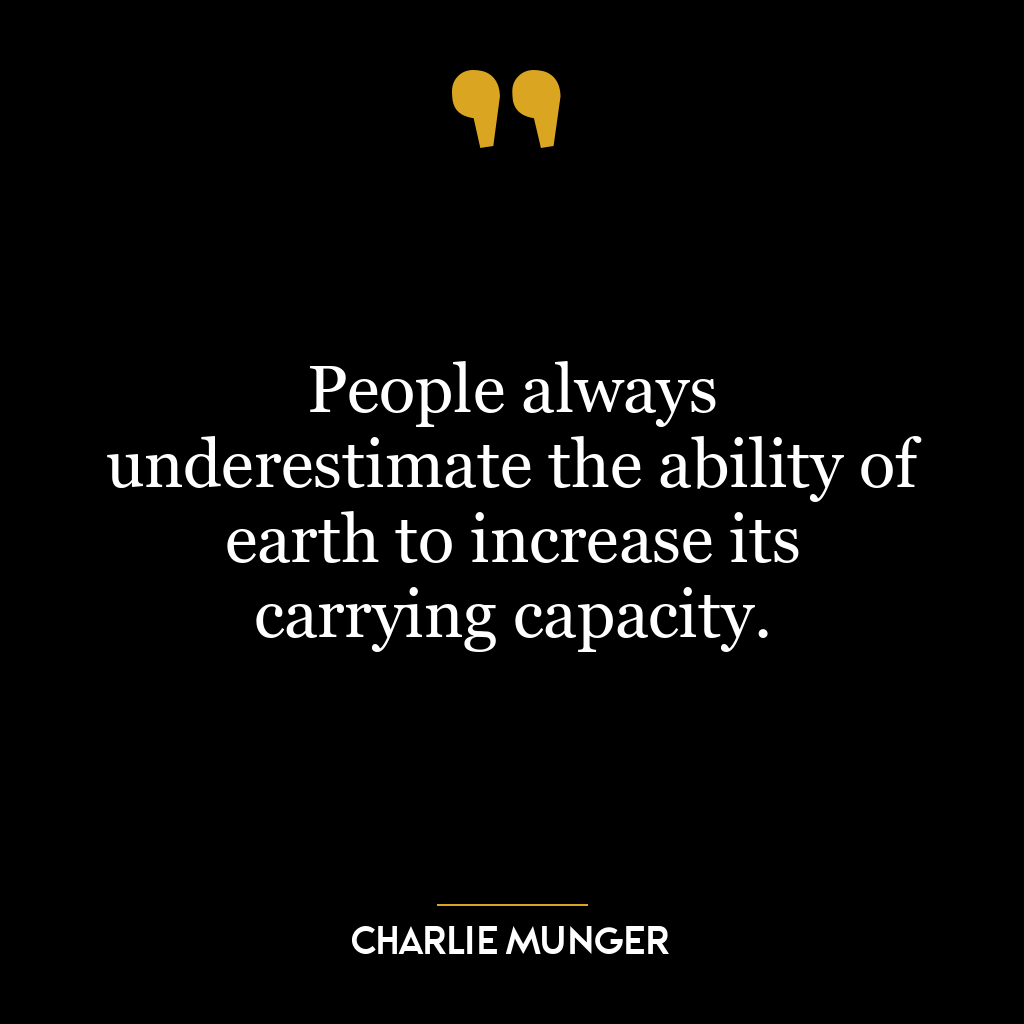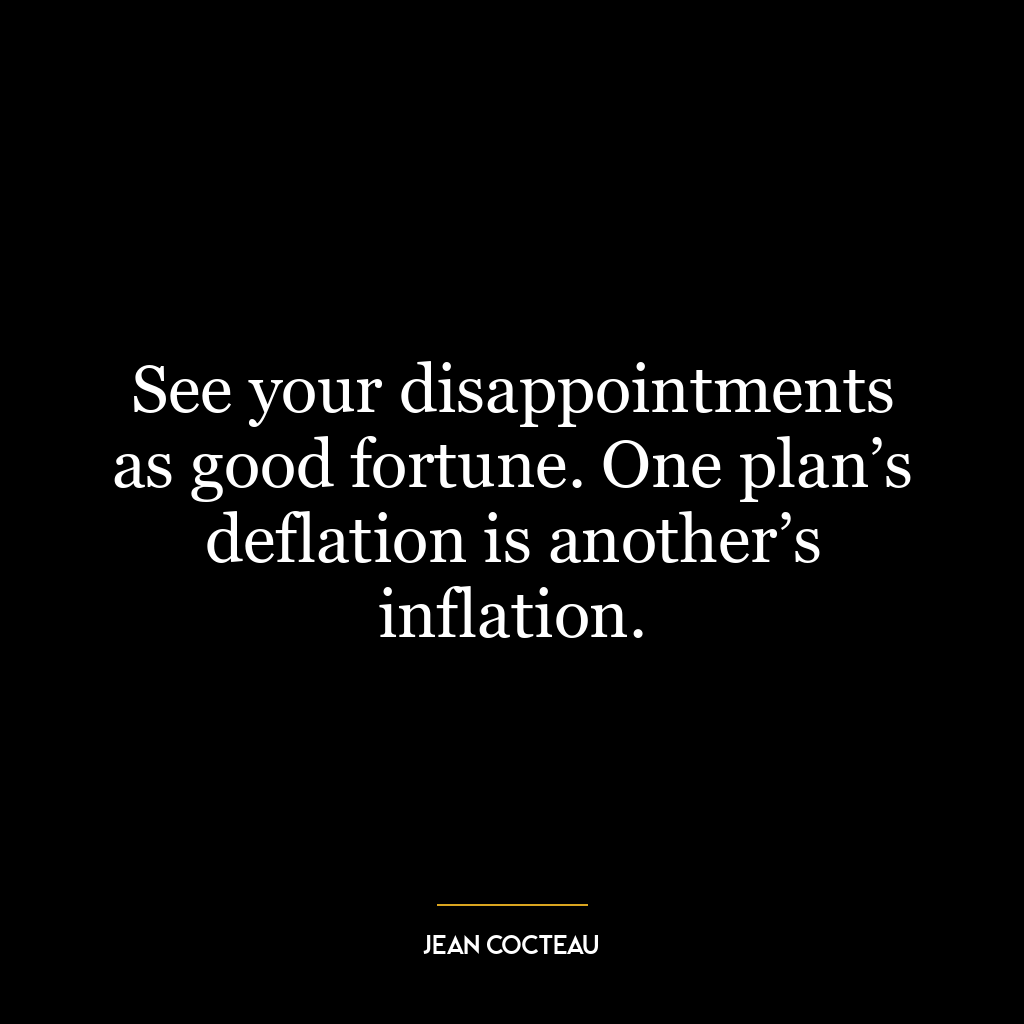The trouble with always leaving yourself a way out is that you always take it.
This quote emphasizes the idea that if we always give ourselves an easy escape route or a ‘Plan B’, we are more likely to take it. In essence, this implies that by constantly providing ourselves with a fallback option, we may lack the motivation or drive to fully commit to our initial plan or goal. This can hinder our progress and growth because we’re not pushing ourselves beyond our comfort zones.In terms of personal advancement, this quote suggests that in order to truly grow and evolve as individuals, we must sometimes close off certain paths behind us. This forces us to face challenges head-on rather than avoiding them or taking the easier way out. By doing so, it encourages resilience and perseverance – two key components of personal growth.
In today’s world, this concept is highly applicable in various scenarios – be it career choices, relationships or even lifestyle decisions. For instance, many people stick with jobs they’re not passionate about because they fear the uncertainty of pursuing their true interests. The ‘way out’ here could be seen as staying in their current job rather than venturing into unknown territory.
Similarly in relationships too often people stay in unfulfilling ones because leaving requires confronting discomfort and potential loneliness – again a case of opting for an easier way out instead of facing potential hardship.
however by always taking these ‘ways out’, one may miss opportunities for growth and conversion that come from facing difficulties head-on. So while having backup plans is generally sensible advice; relying on them too heavily can prevent us from reaching our full potential.

